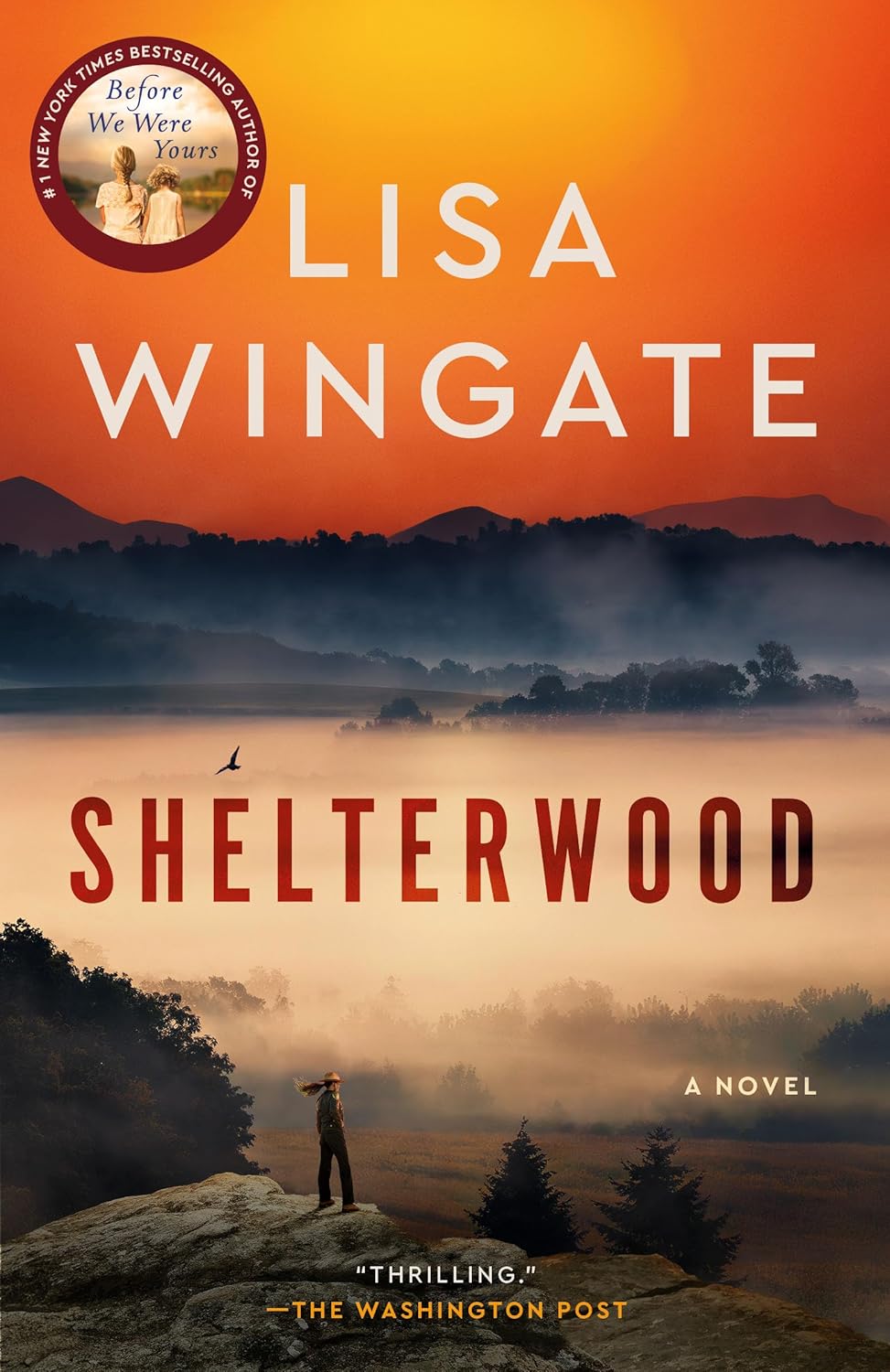The author of a string of New York Times bestsellers --- her latest book in the Looking Glass Trilogy, QUICKSILVER (published as Amanda Quick), hit stores April 19 --- Jayne Ann Krentz uses three different pen names for each of her three "worlds” of romance novels. Today, she hones in on the world of her childhood, and a mother who read to her when she was in the cradle.
 I learned pretty much everything I needed to know in life from Mom. She was a believer in the whole karma thing –-- what goes around, comes around --– long before karma was cool. She held strong convictions on the importance of not overcooking vegetables. And she never neglected her standing appointments at the hair salon and her weekly manicures which ensured that, until the very end, she always looked twenty years younger than anyone else at her retirement community.
I learned pretty much everything I needed to know in life from Mom. She was a believer in the whole karma thing –-- what goes around, comes around --– long before karma was cool. She held strong convictions on the importance of not overcooking vegetables. And she never neglected her standing appointments at the hair salon and her weekly manicures which ensured that, until the very end, she always looked twenty years younger than anyone else at her retirement community.
But most of all I learned that reading was not a spectator sport.
Television, on the other hand, was a spectator sport so the rule was that when you watched TV you were expected to do something else at the same time. You ironed or folded laundry while you watched TV. You knitted while you watched TV. You made up a grocery list while you watched TV. Yep, Mom was into multi-tasking before there was a name for it. But, then, what mom isn’t?
Reading, however, was different. Mom read to us kids while we were in the cradle. And it was clear from the very start that reading was not a spectator sport. When you read a book it was understood that you were expected to be wholly engaged. Mom taught by example that reading for pleasure --– unlike watching TV --– was an entirely legitimate pursuit. One did not have to justify what one read. Nancy Drew or Shakespeare, reading did not require any apologies. The concept of a book club struck her as very odd. She read what she wanted to read, not what someone else told her she should read. She was delighted to talk about books but she did not view them as an excuse to socialize. When she wanted to be with other people, she played killer bridge or went out to dinner or to a concert with friends.
Mom read widely, non-fiction and fiction. With non-fiction, she expected to learn something. When it came to fiction she demanded two things from a book: a good story and a happy ending. See, Mom was an optimist and a big believer in the power of positive thinking. She saw no point in filling her very creative mind with negative energy. There was enough of that in the daily news.
I have always read the same way Mom did and for the same reasons. And that is also how I write. I tell the story to myself, first, last and always. If I tried to write for someone else –-- an imaginary reader, for example --– I wouldn’t be able to get past the first sentence. Writing --– like reading –-- is not a spectator sport.
And I want the same thing Mom did from fiction, whether I’m reading it or writing it: a good story and a happy ending.







